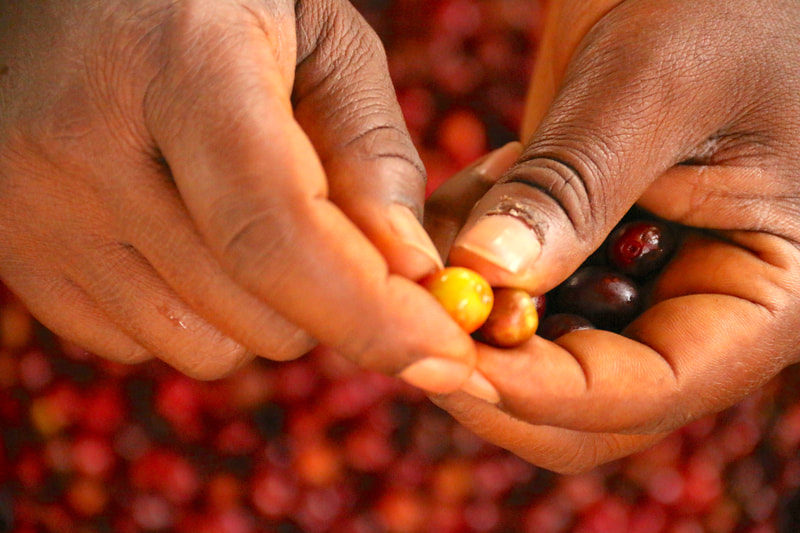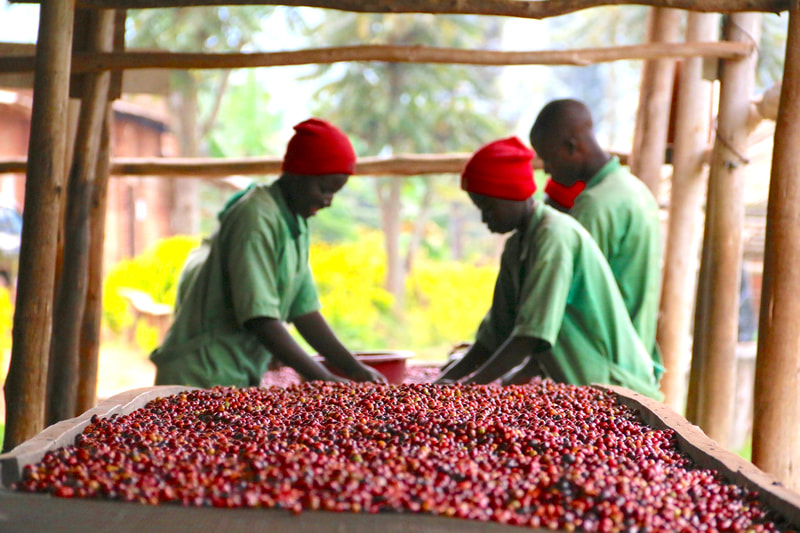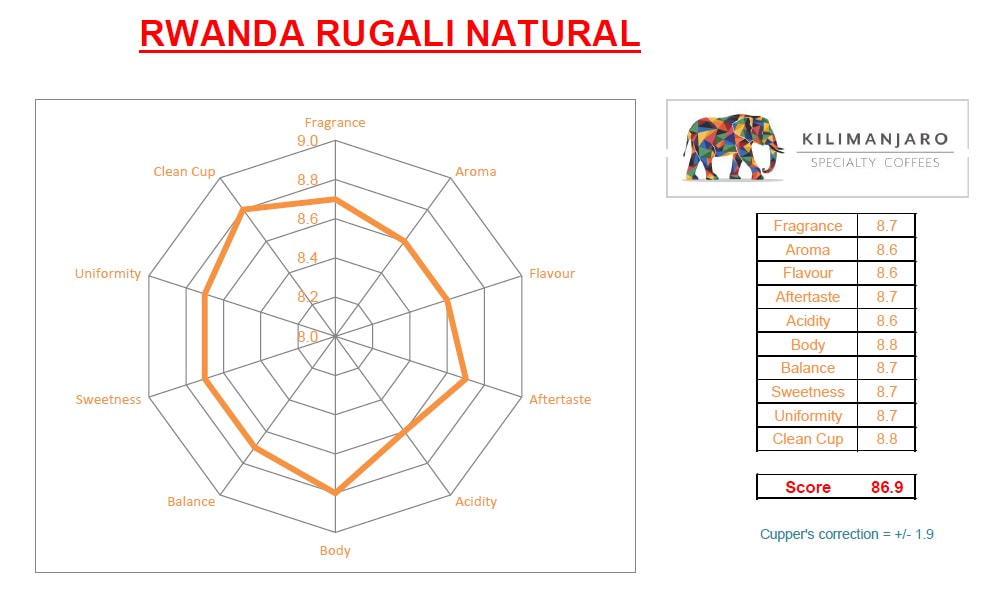RWANDA rugali NATURAL
General Information
|
Origin: Rwanda
Region: Western Province District: Nyamasheke Washing Station: Rugali Farmers: 1,150 active members Cultivar: 100% Red Bourbon Altitude: 1550 - 1800 masl Process: Natural Harvest: April - June 2020 USD per Kg of Cherry: 0.33 USD/Kg Screen | Moisture | Density: 15+ | 9.9% | 0.682 g/ml Packaging: 60 Kg + GrainPro Score: 87 Notes: Plum, winey, floral, intense Ikawa profile: Burundi 7 (v.1) |
|
HAND SORTING THE POTATO DEFECT
RUGALI cws LOCATION
|
WHERE WE ARE
Barcelona, Spain Santiago, Chile Budapest, Hungary |





